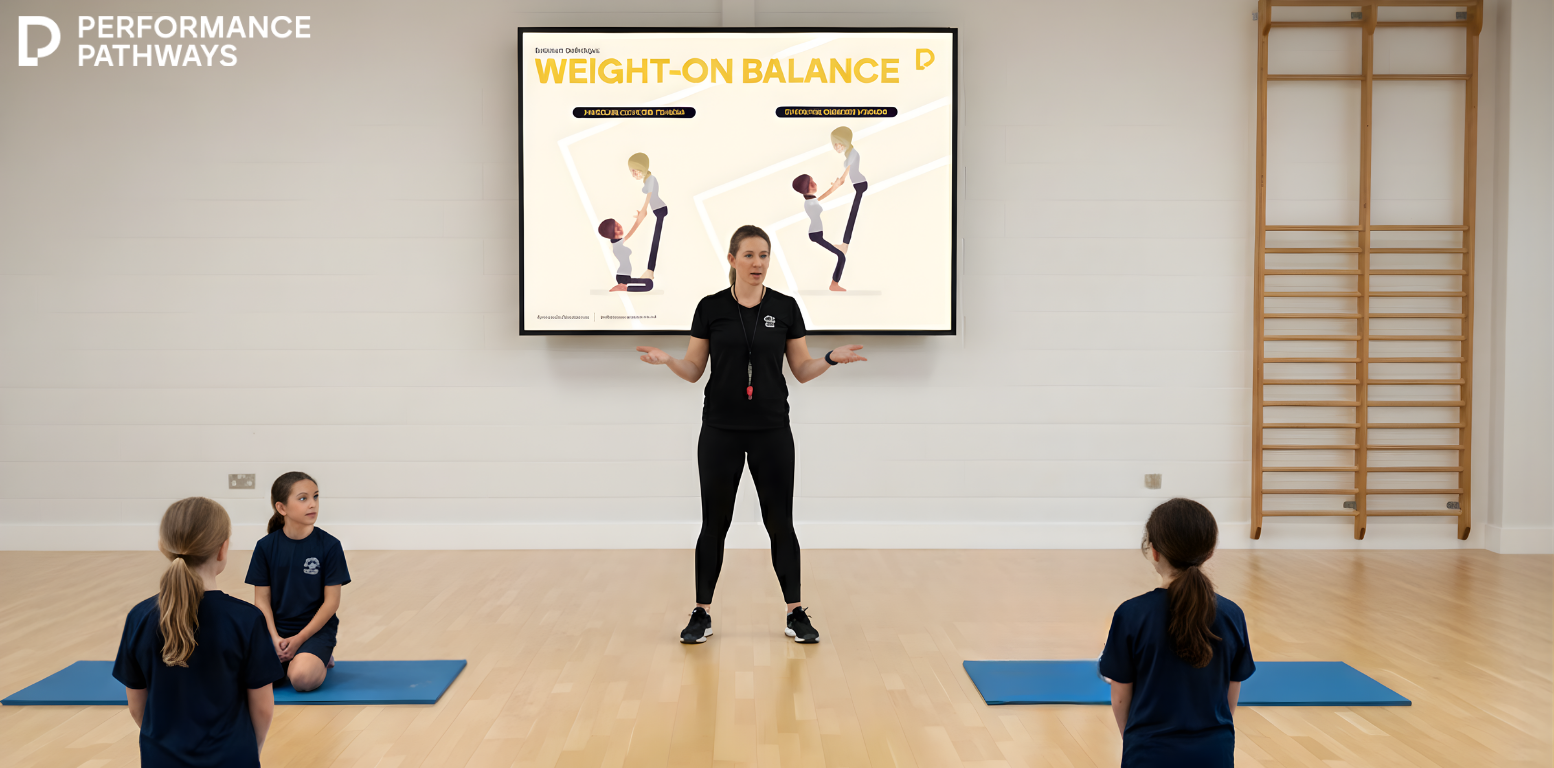If you’ve ever walked into a noisy sports hall on a Friday afternoon, you’ll know that PE can sometimes feel more like crowd control than education.
Balls flying, voices echoing, a blur of activity, and in the middle of it all, a teacher trying to keep things on track.
We’ve all been there. It’s easy to slip into management mode — organising, supervising, reacting — because that’s what the day demands.
But somewhere within that noise lies the greatest opportunity in teaching PE: to move from managing students to mentoring them.
𝗧𝗵𝗲 𝗣𝗿𝗼𝗯𝗹𝗲𝗺: 𝗧𝗼𝗼 𝗕𝘂𝘀𝘆 𝘁𝗼 𝗧𝗲𝗮𝗰𝗵 𝘁𝗵𝗲 𝗕𝗶𝗴𝗴𝗲𝗿 𝗟𝗲𝘀𝘀𝗼𝗻
When lessons feel rushed or reactive, our focus naturally shifts to keeping order rather than nurturing progress.
Students get through activities, but they don’t always grow from them.
The problem isn’t commitment — it’s capacity.
We spend so much time making lessons run that we forget to make them mean something.
And yet, the moments that stay with students aren’t the ones we manage — they’re the ones we mentor.
The quiet encouragement before a skill attempt.
The reflective question that sparks a breakthrough.
The conversation that helps a student see themselves differently.
𝗧𝗵𝗲 𝗢𝗽𝗽𝗼𝗿𝘁𝘂𝗻𝗶𝘁𝘆: 𝗧𝗲𝗮𝗰𝗵𝗶𝗻𝗴 𝗕𝗲𝘆𝗼𝗻𝗱 𝘁𝗵𝗲 𝗔𝗰𝘁𝗶𝘃𝗶𝘁𝘆
Every PE lesson holds a double lesson — one physical, one personal.
When we step back from managing the moment, we start to notice the teachable moments within it.
That might mean:
• Asking students what they learned about themselves, not just the game.
• Giving them the language to talk about focus, teamwork, or resilience.
• Letting them reflect, even briefly, before rushing to the next activity.
It doesn’t take more time — it just takes intention.
𝗧𝗵𝗲 𝗦𝗼𝗹𝘂𝘁𝗶𝗼𝗻: 𝗦𝗵𝗶𝗳𝘁 𝘁𝗵𝗲 𝗥𝗼𝗹𝗲, 𝗡𝗼𝘁 𝘁𝗵𝗲 𝗥𝗼𝘂𝘁𝗶𝗻𝗲
The solution isn’t reinventing lessons or adding more content.
It’s redefining your role in them.
Instead of being the organiser, become the observer.
Instead of directing every moment, guide the ones that matter.
When students feel mentored rather than managed, behaviour improves, engagement deepens, and learning lasts.
The environment feels calmer — not because there’s less happening, but because there’s more purpose behind it.
Contributors

Martin Brockman
Director of Performance Pathways
Martin Brockman is Director of Brockman Athletics, providing teacher training and track and field teaching resources for schools around the world. Representing Great Britain in the decathlon for almost a decade, Martin achieved a bronze medal at the Commonwealth Games in Dehli, 2010. On retiring from his international career, he moved to the world-leading Aspire Academy in Qatar as the Head of Athlete Development where he designed and implemented the academy athletics program from talent identification through to international athletics.
Athletics
Specialisms
Share this post
Get fresh insights and articles straight to your inbox
By subscribing you agree to our privacy policy.



Comments
You must be signed in to comment